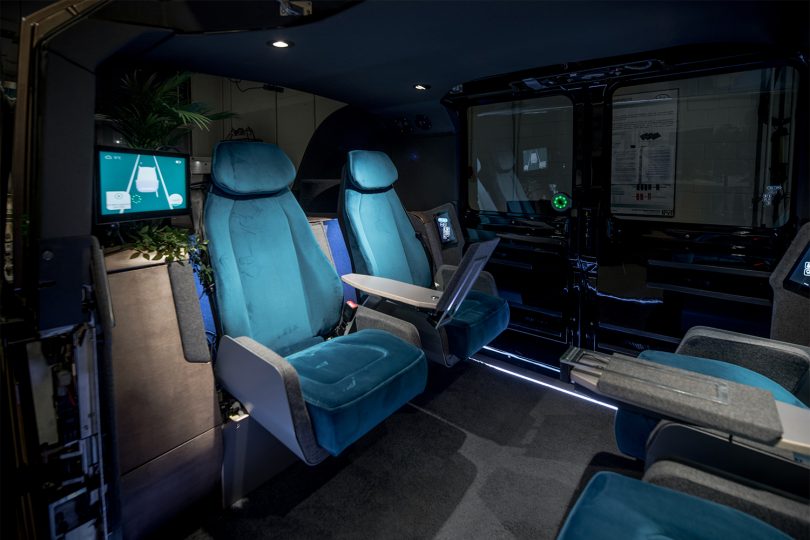Automated driving, but safely VVM funding project invites to mid-term event and shows first results
How can automated driving systems be reliably tested and safely put on the road? This is the subject of the project “Verification Validation Methods”, or VVM for short, funded by the Federal Ministry for Economic Affairs and Climate Protection. The goal is to create a safety argumentation for car manufacturers so that the systems under consideration do not pose an unreasonable risk. The first results will be presented at the mid-term presentation on 15 and 16 March 2022.
The VVM funding project has set itself the goal of developing a safety argumentation including the necessary verification and validation methods and thus a safety verification for automated driving systems. To this end, approaches have been developed based on the PEGASUS project, which are to be anchored as industrial development processes via standards. This gives the project a key role in the automated mobility of the future.
The Institute for Control Engineering at Technische Universität Braunschweig is working together with the project partners on issues throughout the entire development process. These include contributions to the function definition of a vehicle with an automation system of the standardised SAE levels three and/or four. The function definition includes, among other things, a description of what the vehicle should be able to do and what is not permitted. To this end, the Institute’s staff are working on contributions to descriptions of the so-called target behaviour. In other words, descriptions of how the system should behave safely and in accordance with the rules in certain scenarios, taking into account laws and social expectations.
The Operational Design Domain (ODD) is also part of the function definition and is described in detail in the VVM project. The ODD defines environmental conditions under which the system can reliably drive in an automated manner, such as weather, speed ranges and road users with whom the system can safely interact.
The tasks in the VVM project also include contributions to the creation of a safety concept and the actual safety argumentation. “This safety argumentation contains a documented justification for why a car manufacturer can assess the risk posed by the automated vehicle to users and other road users in the future and can also justify this risk. In Germany, this safety argumentation is an essential basis for the approval of a vehicle with an automation system,” says Marcus Nolte from the Institute of Control Engineering.
At the same time, a test vehicle from the institute is used to record and provide real measurement data. The researchers at TU Braunschweig are also making contributions to scenario-based test methods and the formal description of (test) scenarios. Initial project results, which will be presented at the mid-term event, serve, for example, to formally describe the operational environment of automated vehicles as well as the desired vehicle behaviour and thus provide important contributions to a comprehensible safety argumentation for the use of the systems in complex inner-city applications.
The project, which was launched in 2019, will now provide insights into initial results and developments at its public mid-term presentation. For this purpose, the project has extended an invitation to participate in the virtual event on Tuesday, 15 March, and Wednesday, 16 March 2022.
The first day of the event will feature presentations detailing the methods, approaches and tool applications developed in the project. Three parallel sessions in the afternoon will offer the opportunity to get to know the focal points of the project. The second day will again focus on the international perspective and how the presented results fit into this context – here, worldwide partner projects will present their status on the topic of verification and validation of automated driving systems and engage in an exchange on the topic of standardisation. If you would like to attend the event, you can register here free of charge.

